The Innovative Social Pedagogy* to Empower Indigenous Communities, Reduce Gender, and Racial Biases project is funded by Employment and Social Development Canada (ESDC). This project will take place over 3 locations, Montreal, Chicoutimi, and Edmonton and over the span of 3 years. Project Someone (Concordia University, Montreal), the University of Alberta and The Université du Québec à Chicoutimi, along with community partners, will co-create, adapt and evaluate four distinct types of interventions. These are interactive workshops, documentaries and multimedia, online courses, and policy briefs.
*Social pedagogy refers to the inclusive and reflexive co-creation of interventions and strategies to better magnify the voices of marginalized communities that have been undermined due to systemic discrimination that accompany hierarchies of knowledge and power.
Our work is aligned with UN 2030 Sustainable Development Goals (SDGs) concerning quality education, equality, gender, partnerships and establishment of strong institutions that promote peace and justice.
- SDG 4 (quality education): eliminate all discrimination in education;
- SDG 5 (gender equality): end discrimination against women and girls; ensure full participation in leadership and decision-making;
- SDG 10 (reduced inequality): ensure equal opportunities and end discrimination;
- SDG 16 (peace, justice & strong institutions): reduce violence everywhere; promote and enforce non-discriminatory laws and policies; and
- SDG 17 (partnerships): target encourage effective partnerships.



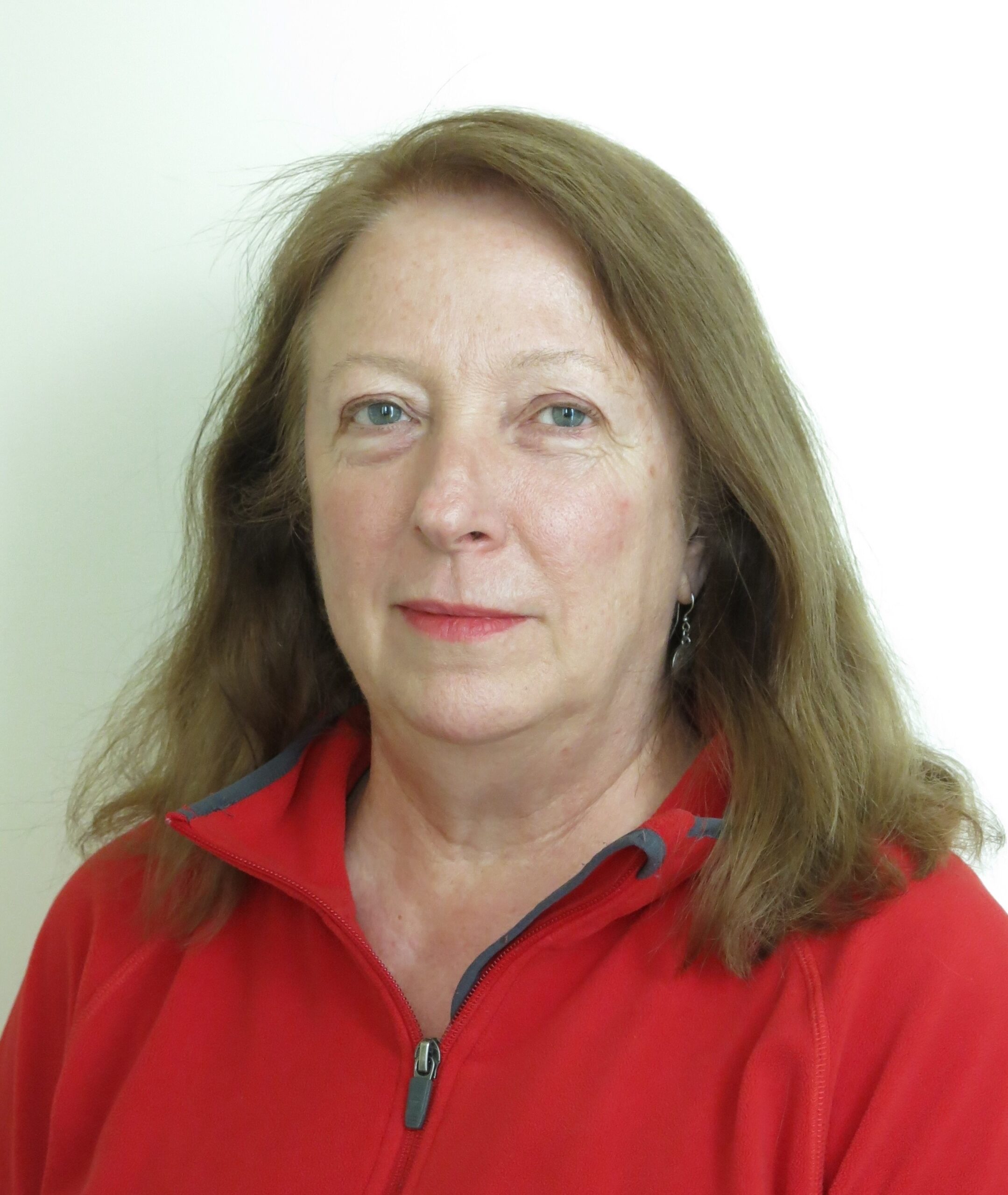
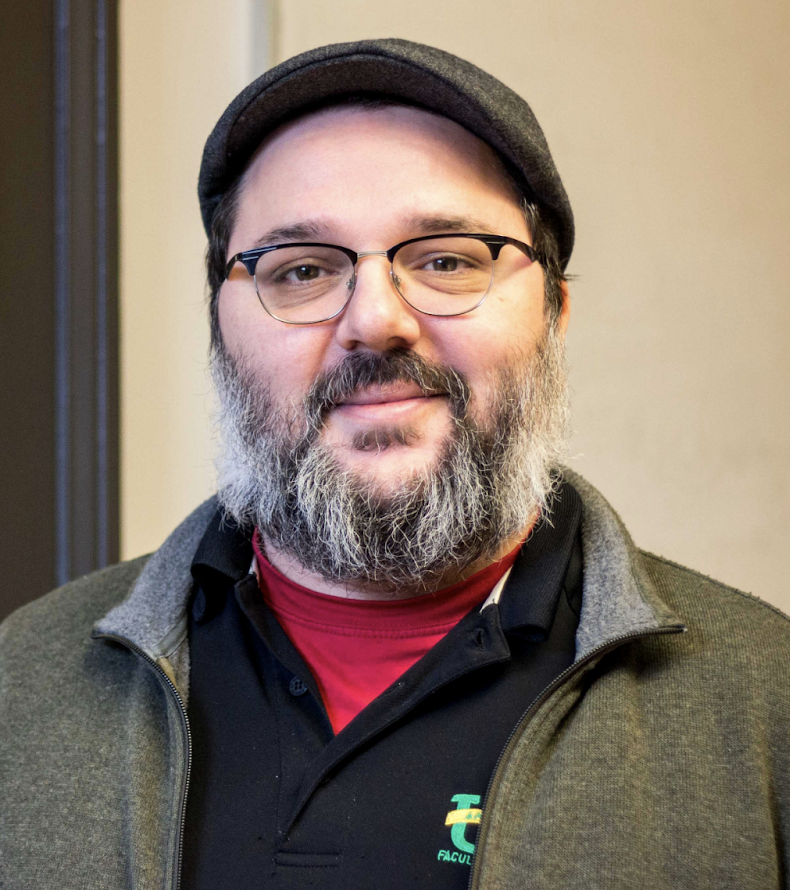
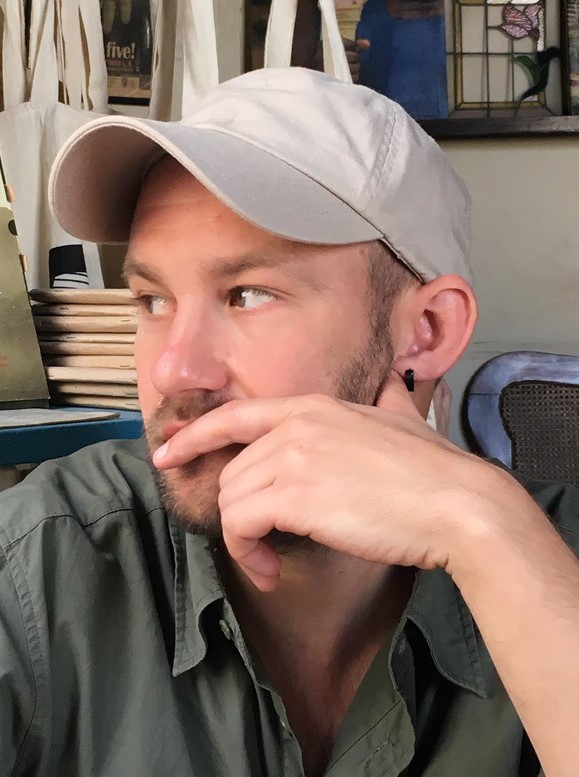
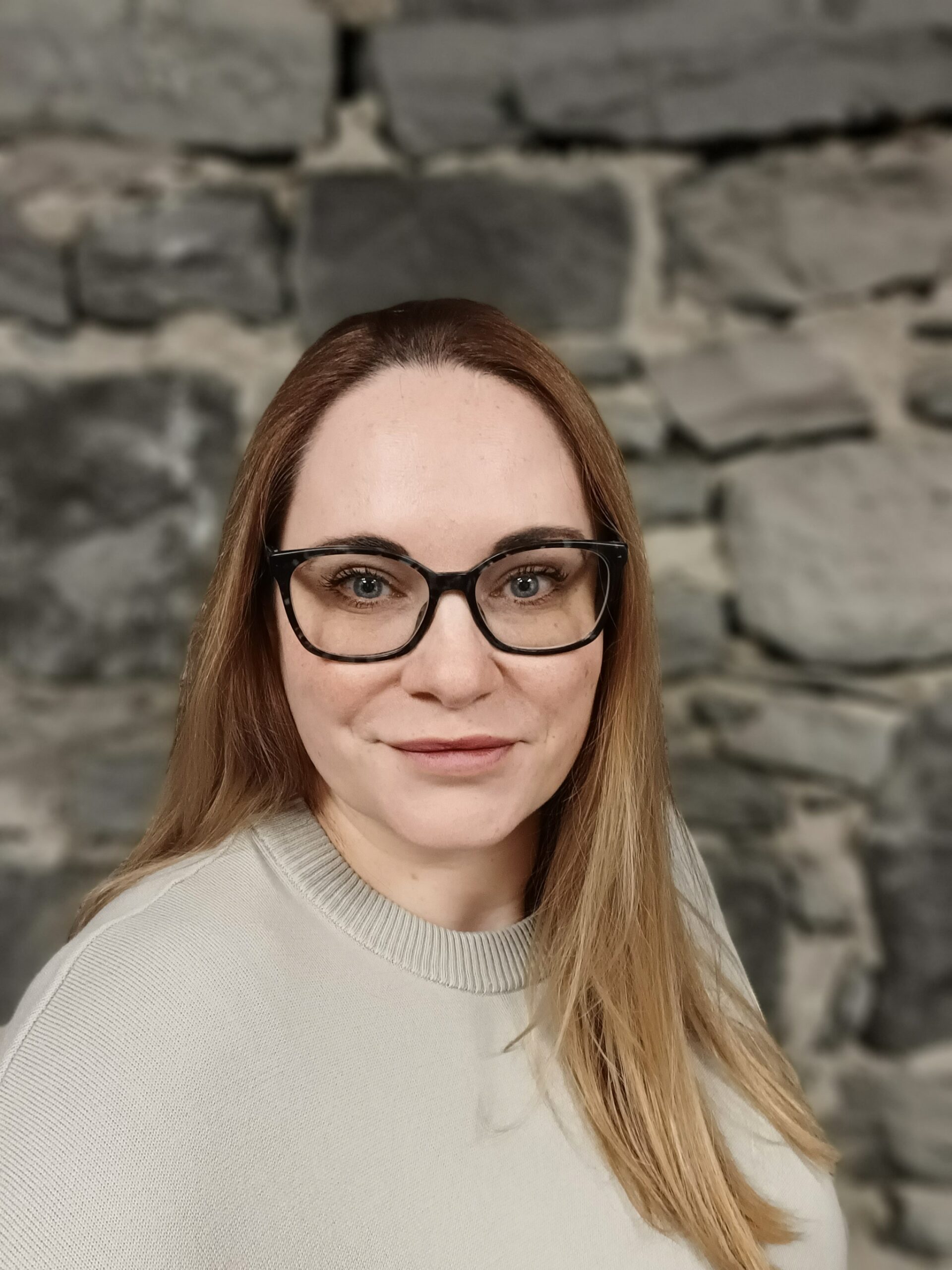
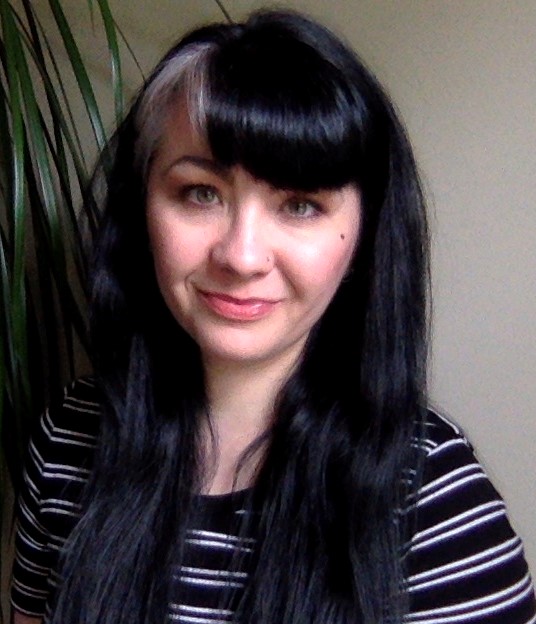
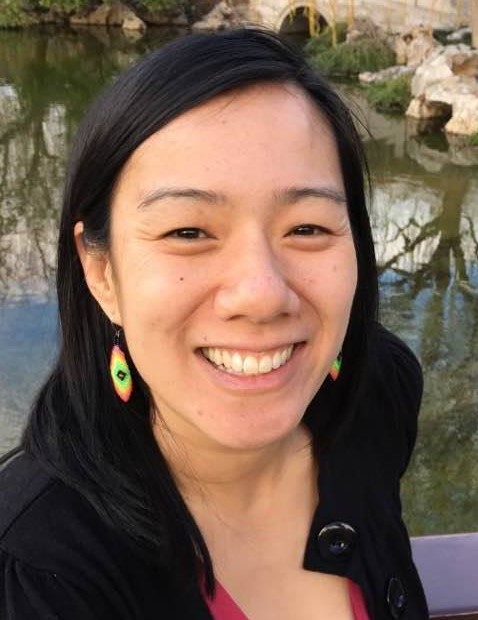

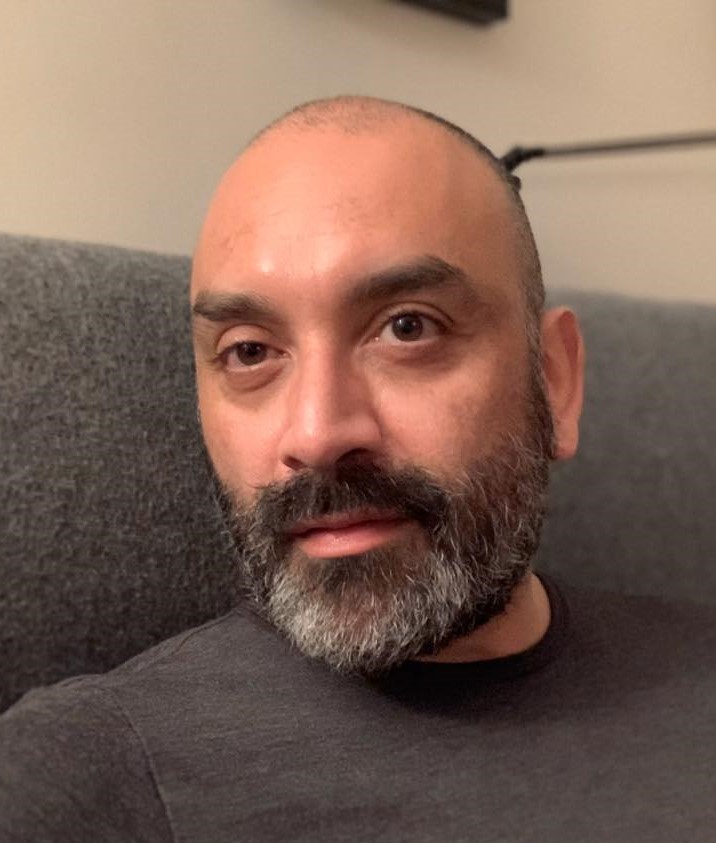
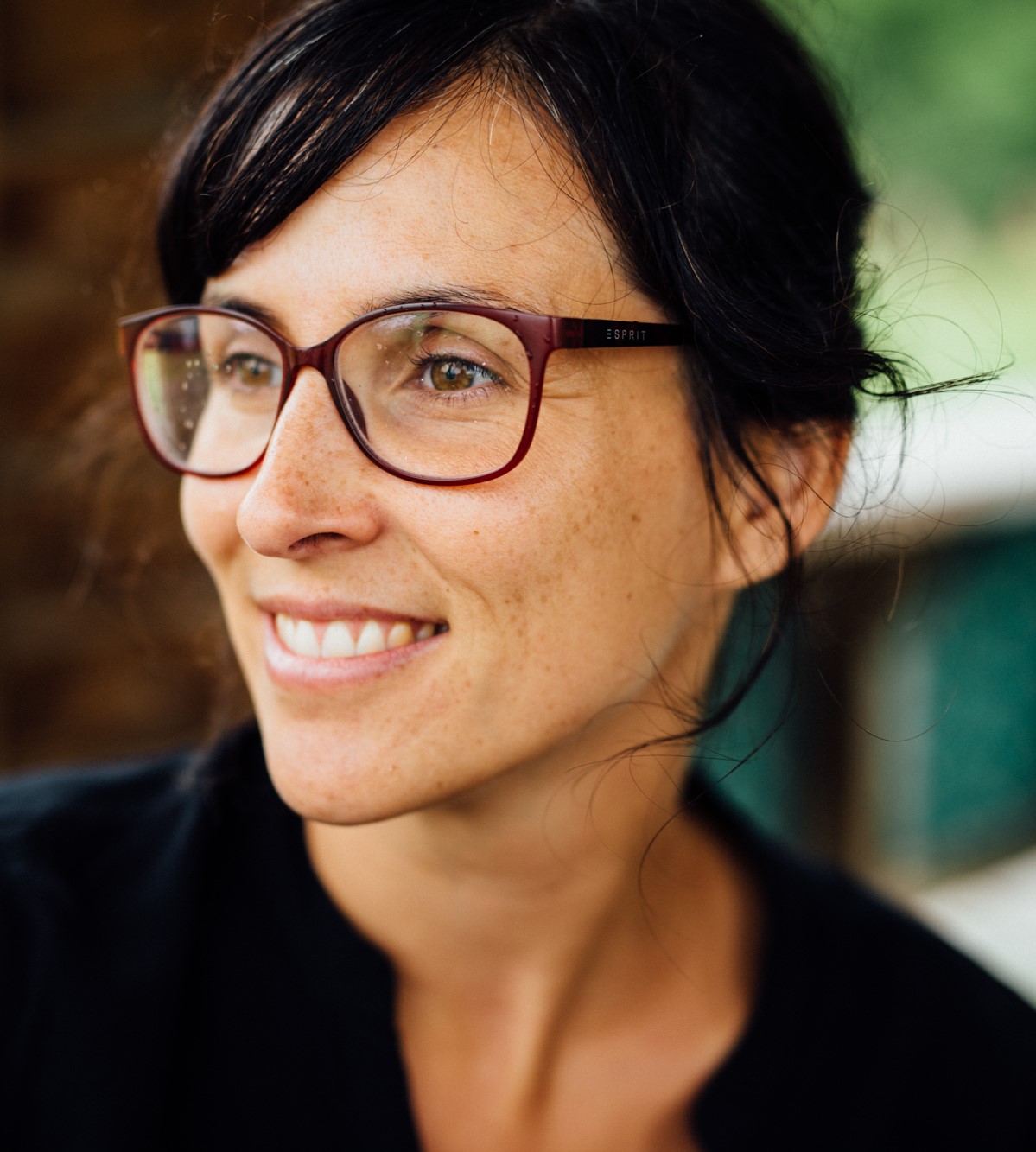
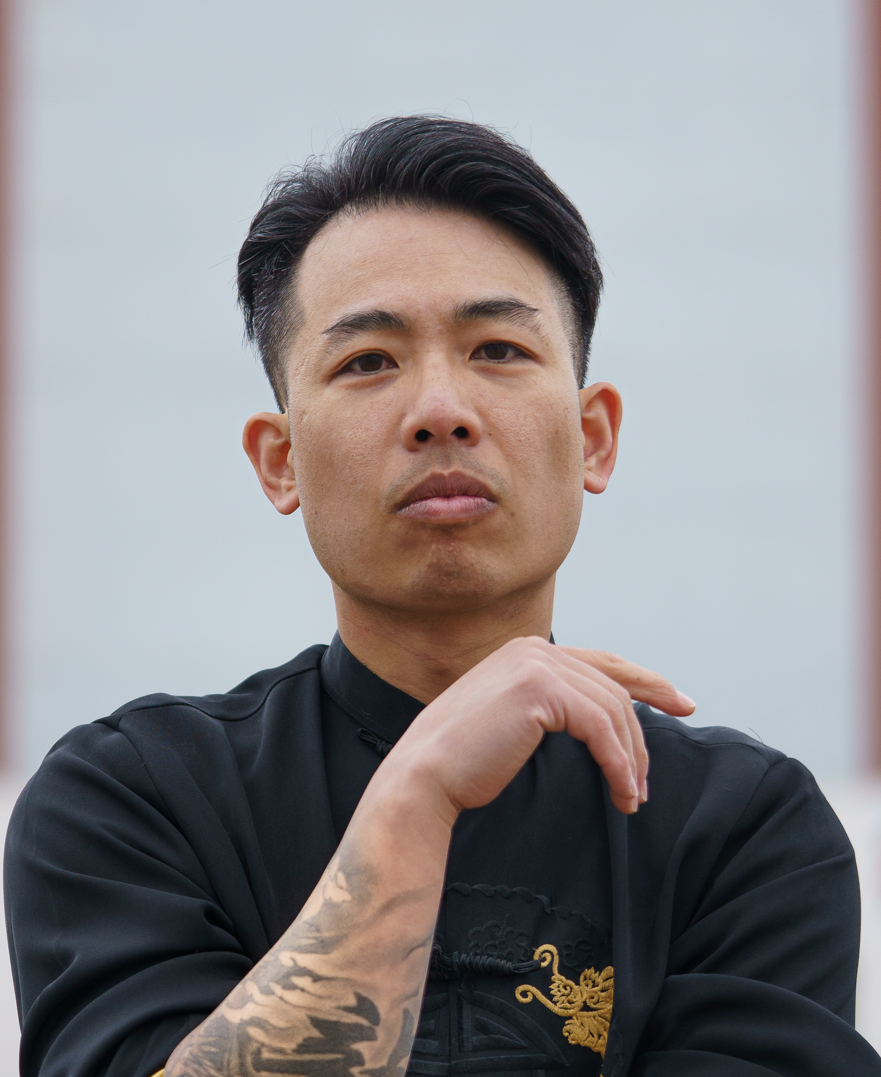
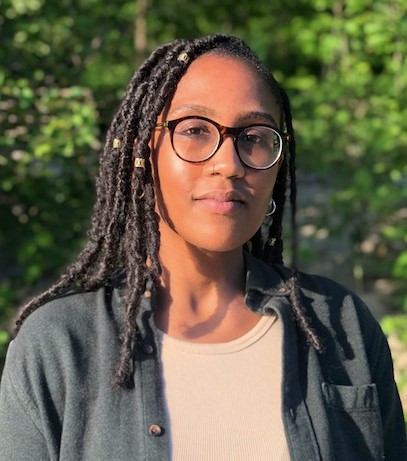
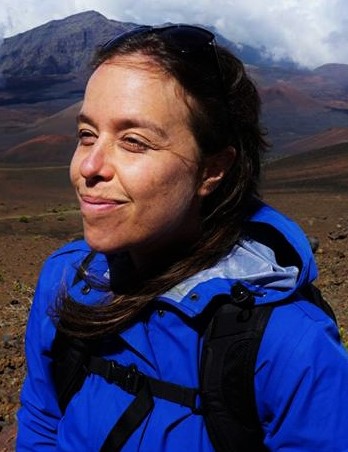

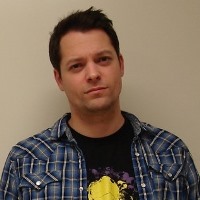
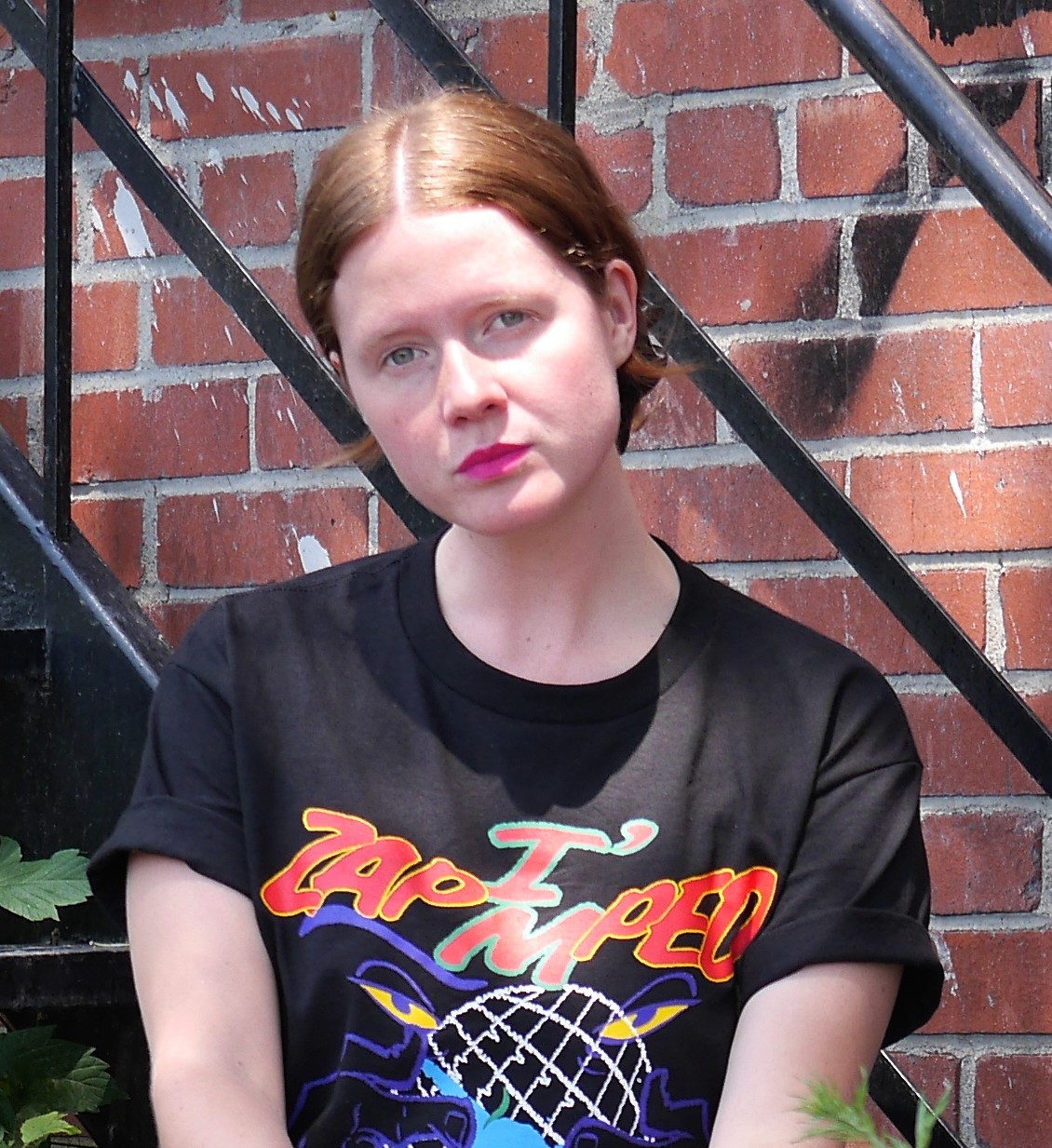
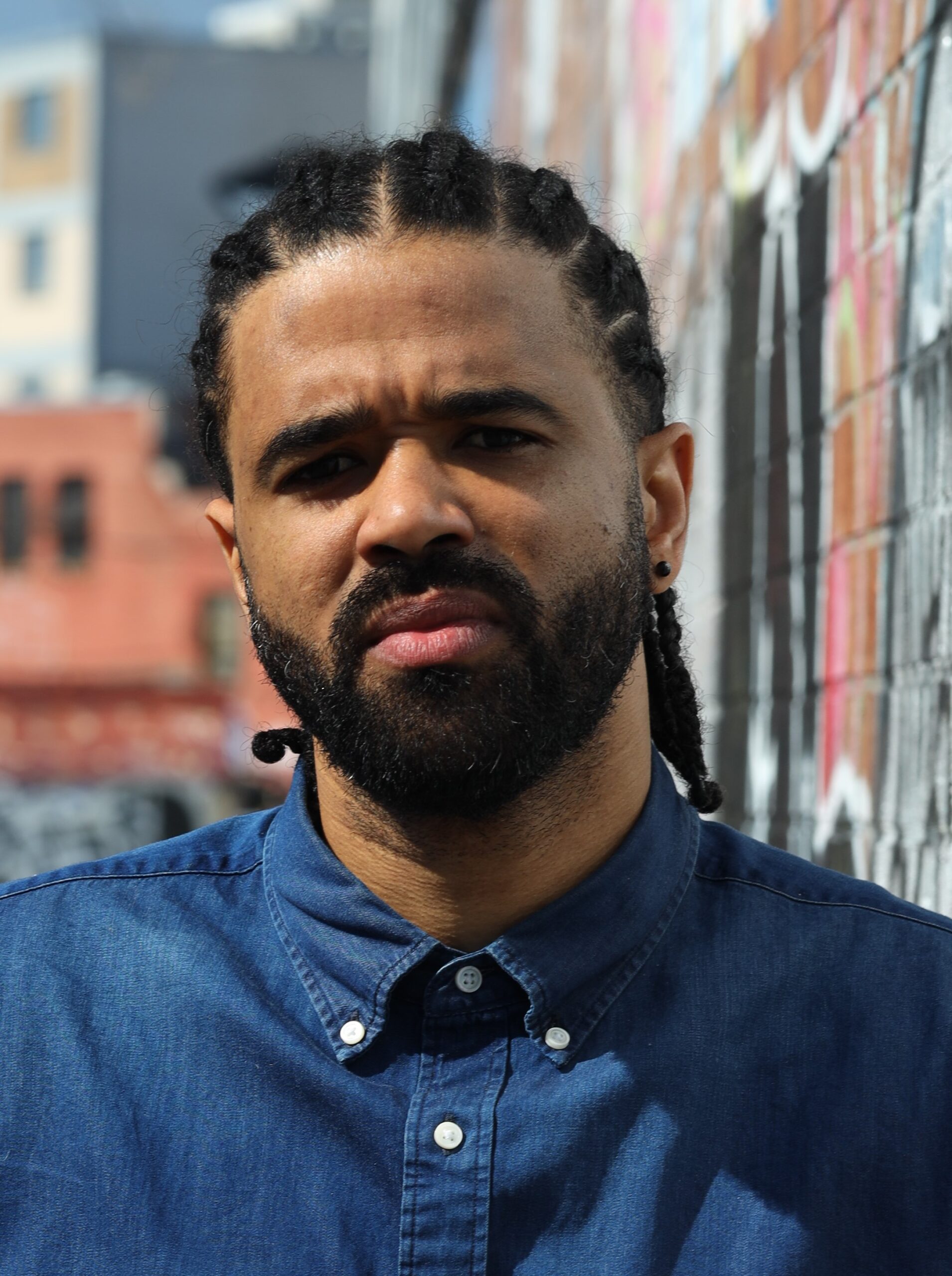
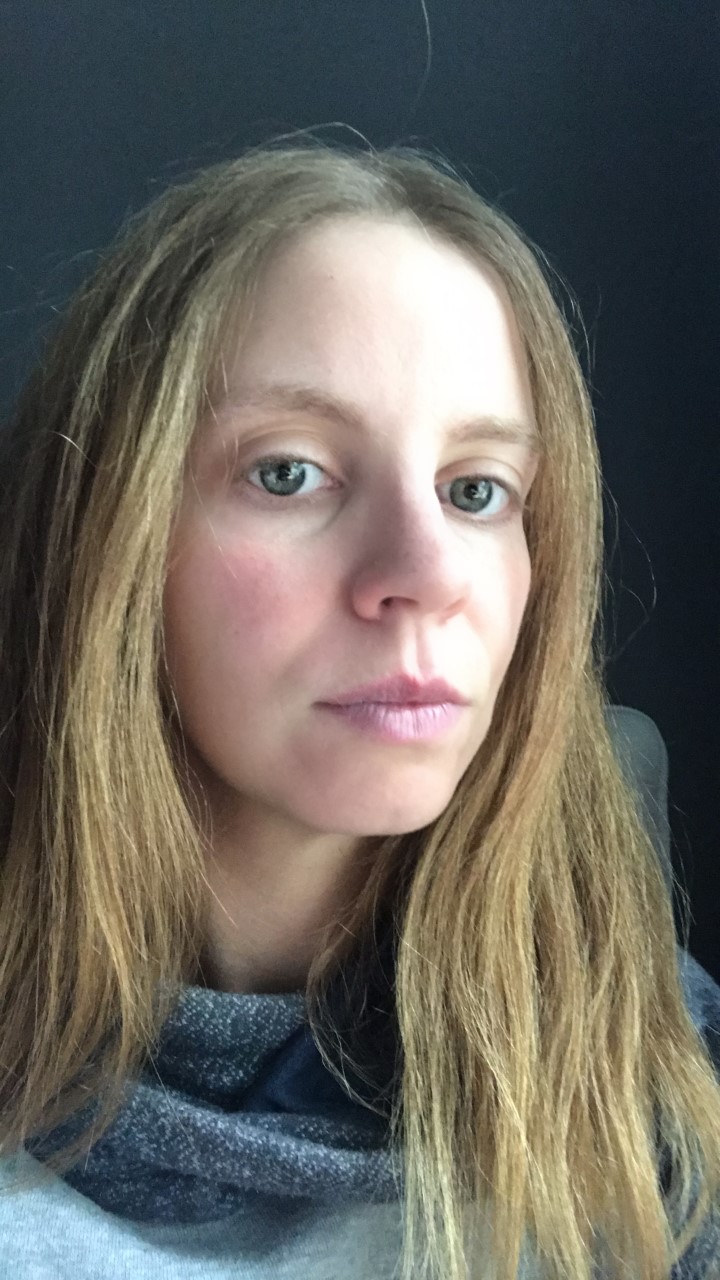
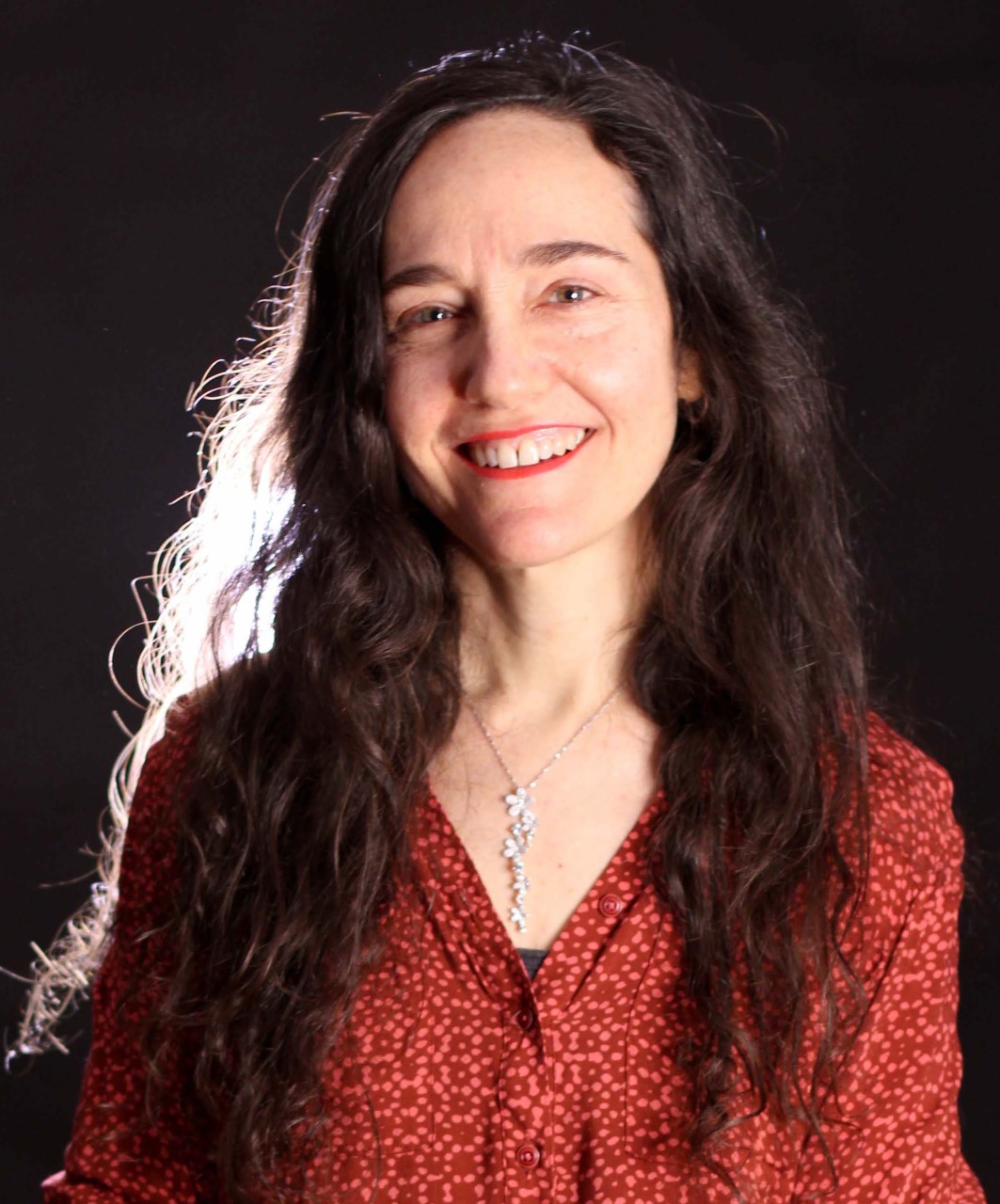
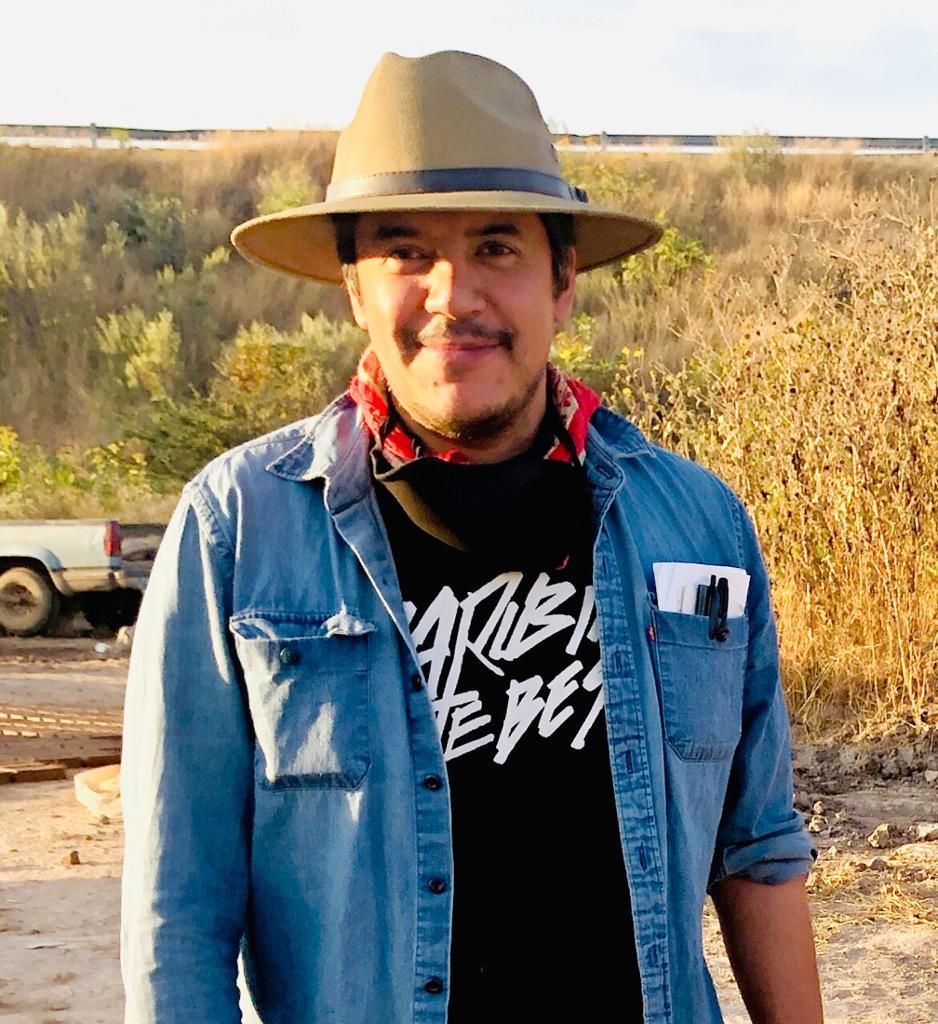



 Français
Français